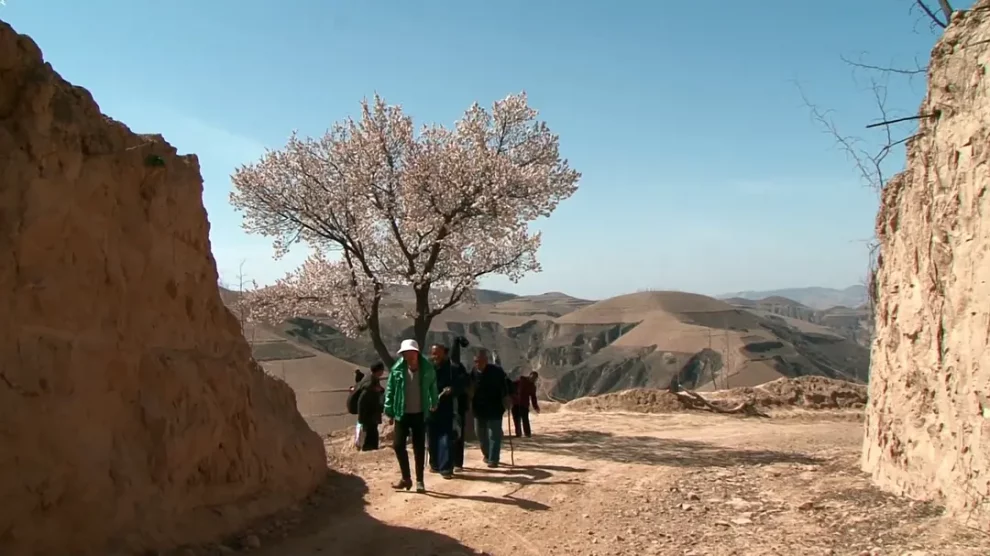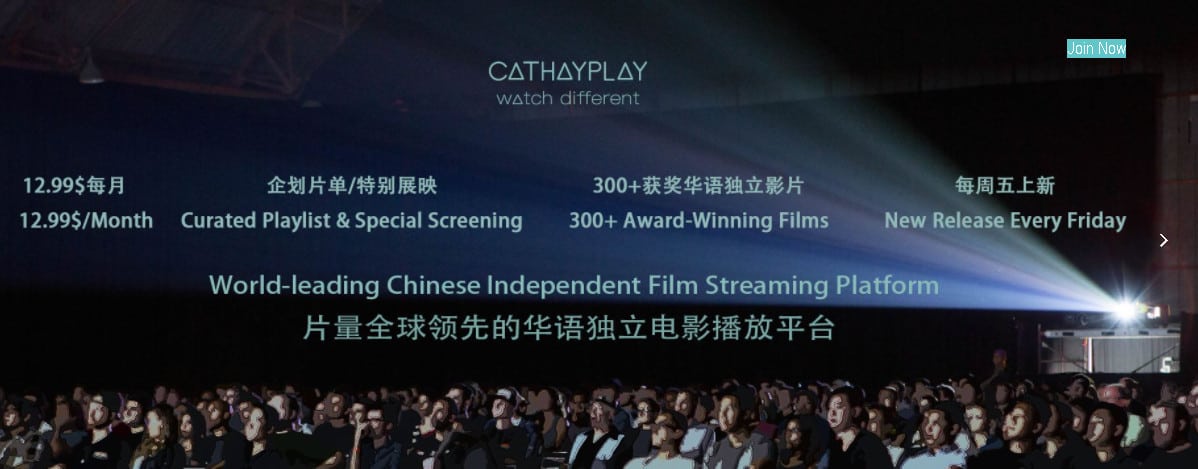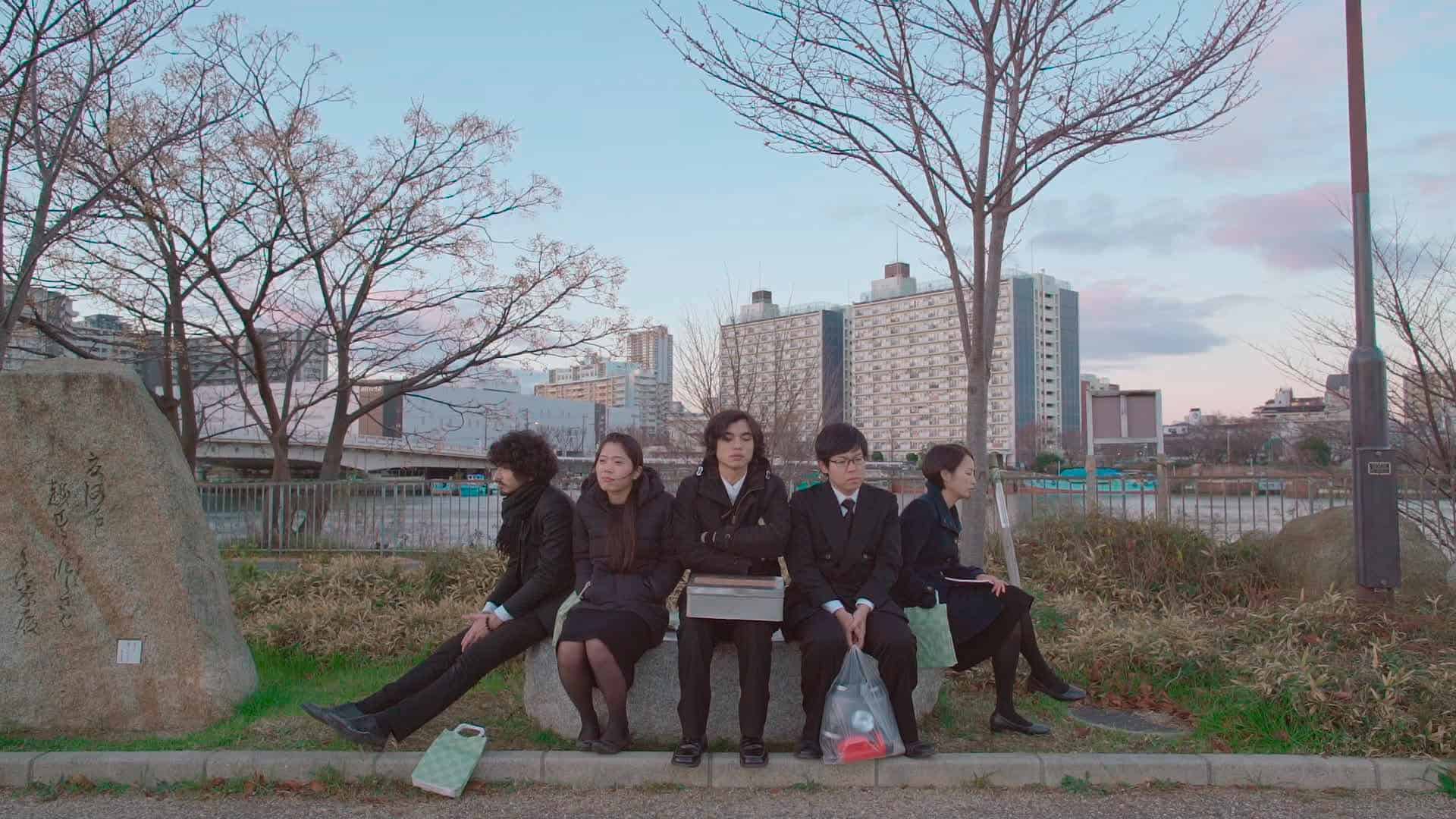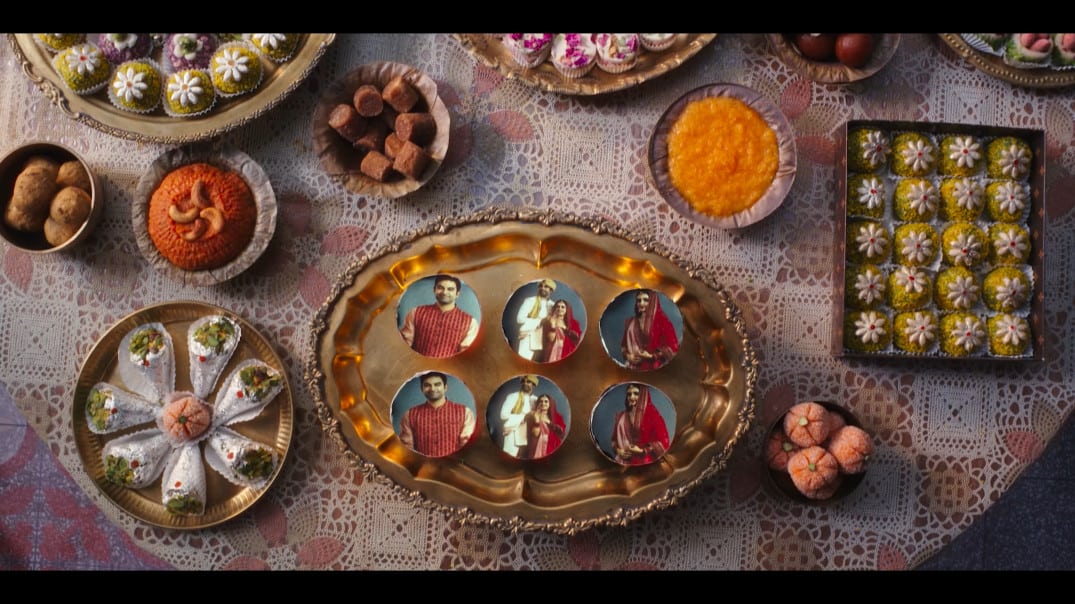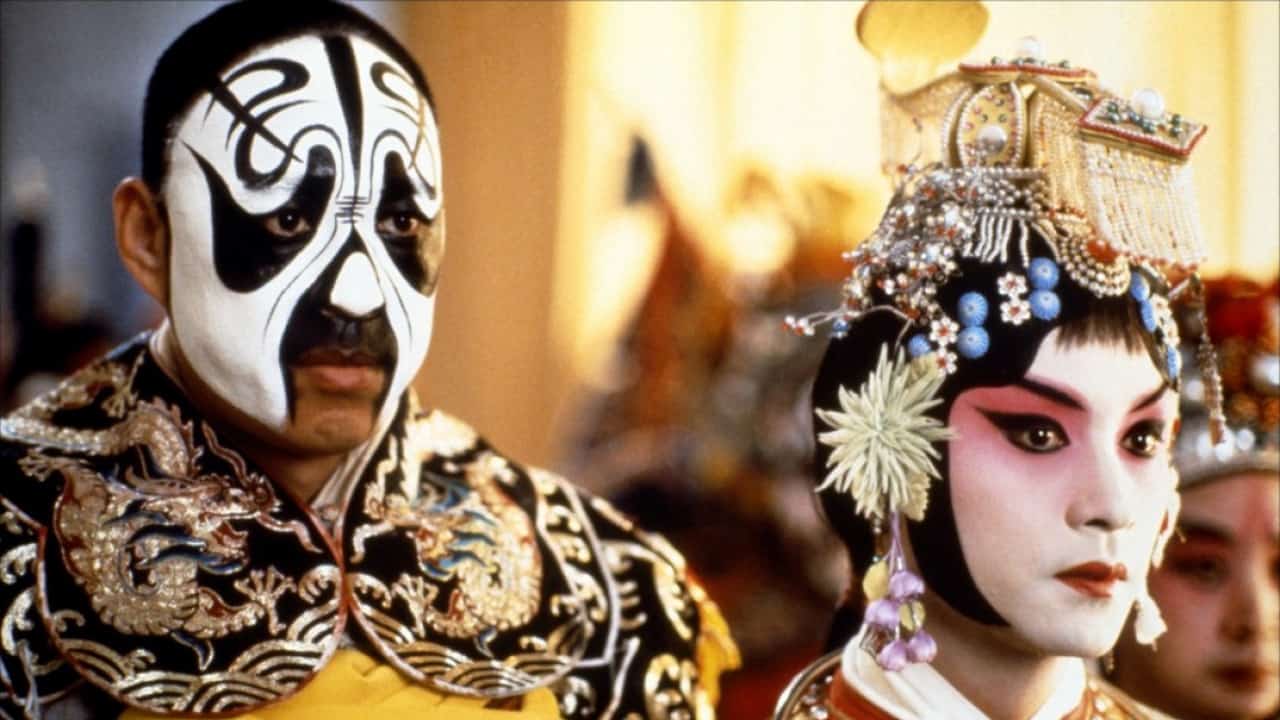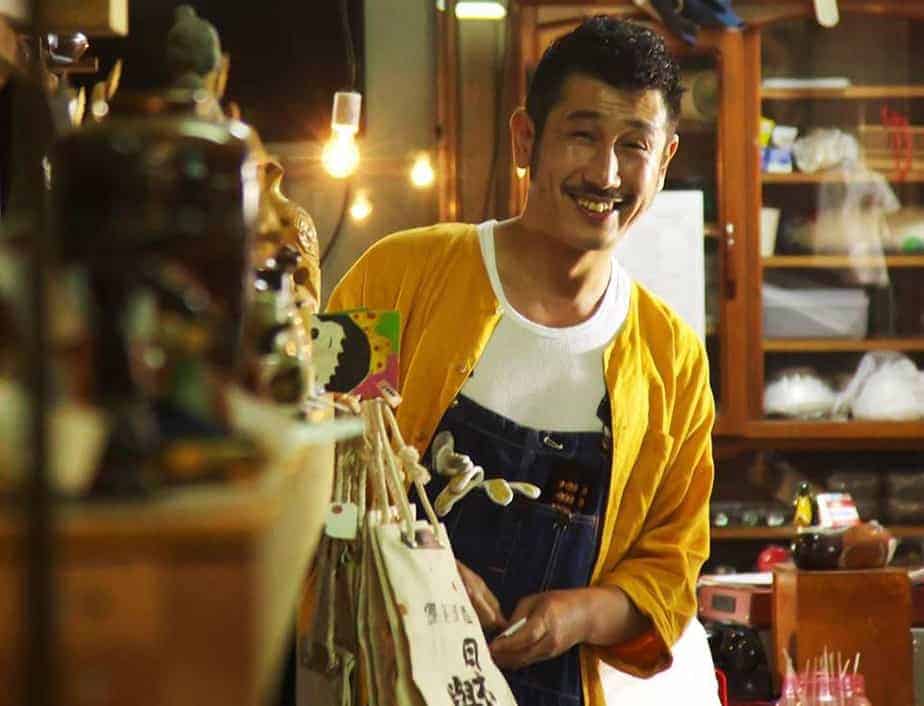In communist China, the party would fund teams of storytellers for educational and propaganda purposes, meaning they would mostly go through rural parts of the country, provide entertainment for people living there, but first and foremost, delivered tales of hope and progress as well as the ruling party's ideology. However, with the decline of that ideology and access to media changing for many people, the profession of the storyteller itself came into question, with many groups being disbanded or simply discontinued. In his documentary “The Blind Storytellers” director and photographer Bai Zhiqiang follows the lives and work of one of the last remaining groups of blind storytellers. The feature, which won the award for Best Documentary at Silk Road International Film Festival, may serve not only as a portrayal of a way of life which will soon be forgotten, but also the gap between rural and urban China, a theme Bai Zhiqiang has dealt with in many of this other works.
The Blind Storytellers is streaming on Cathayplay
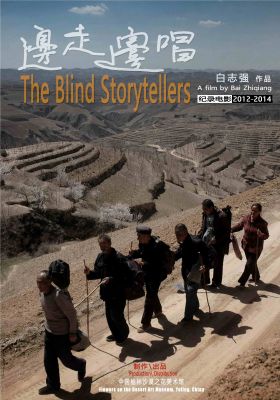
Divided into several chapters, the feature mostly focuses on Li Shouwang, the leader of the group, his life, his quarrels with his son as well as his other relatives, and, of course, his work with the other members of the group. His life is quite difficult, as his son, who has moved into the city, is unable to provide for him for several reasons, making it necessary for Li to split his already sparse earnings with his son's family. At the same time, the group is seen wandering through several villages and hamlets, where they perform for a rapidly decreasing crowd, mostly consisting of the elderly who associate fond memories with the storytellers, their tales and what they used to represent. However, their presence is not always welcome, with village officers giving them only a small percentage of what they used to earn and the young people finding the group an obsolete relict from the past.
While the title might suggest a documentary about the craft of storytellers such as Li Shouwang, Bai Zhiqiang mostly focuses on their lives and how they get by. Even though their leader is at the center of the feature, the other members of the group have similar lives, defined by poverty and hardship, with the ever decreasing earnings for their work only covering a small percentage of their existence. Most of them, like Li Shouwang, rely on their neighbors and other relatives to give or lend them money, so they can continue their craft, which leads to many heated arguments, like the one with a village official at the beginning, about their purpose. Little by little, the group and their performances, while still a remnant of old times, seem to represent a longing for a more secure way of life, as many elders complain about their existence being threatened and the young people turning their back on traditional values.
Considering the themes he explores, Bai Zhiqiang's visual approach emphasizes the bleakness of the storytellers' lives. Seemingly indecisive about what to make of them and their ideals, the camera focuses on their poverty, their means to get by and how the shifting times have created a desire for things to be like they used to be, with more securities, while neglecting the downsides of these past times.
In the end, “The Blind Storytellers” is a solid and thoughtful documentary about the shifting face of China, especially its rural areas. Bai Zhiqiang's camera gives us an insight into a way of life which is about to become extinct, while also posing questions about progress and economic securities.


